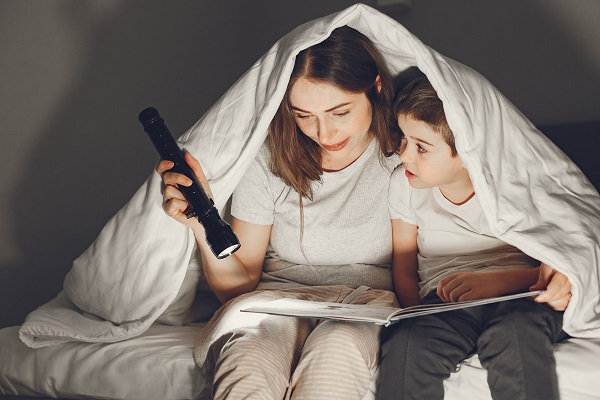Member Login LOGIN
Not a Member? JOIN MOMCAFE
The Best Calming Activities Before Bedtime

Incorporating calming activities into your bedtime routine can help relax your body and mind, setting the stage for a restful night's sleep. Activities like taking a soothing bath with essential oils or practicing gentle yoga poses can promote a sense of tranquility before bedtime.
Additionally, the use of aromatherapy can enhance the relaxation experience and support better sleep. By exploring the power of scent in promoting relaxation, you can create a calming environment that facilitates deep and uninterrupted rest.
Soothing Bath With Essential Oils
Incorporating a warm bath infused with soothing essential oils like lavender into your bedtime routine can have positive effects on your body and mind. The warm water and calming properties of essential oils can promote muscle relaxation and help alleviate tension. Lavender, in particular, is known for its calming and sleep-inducing properties, making it a popular choice for relaxation practices.
Reading a Relaxing Book
Reading a relaxing book before bedtime can have positive effects on your sleep and overall well-being. Research suggests that reading can help calm the mind, reduce stress, and prepare you for a restful night of sleep.
Choosing a book with a soothing storyline or peaceful themes may promote relaxation, leading to improved sleep quality. Engaging in reading can serve as a distraction from daily worries, allowing your mind to relax and transition into a state of tranquility.
Opting for a physical book instead of a digital device can reduce exposure to disruptive blue light, which may aid in a smoother transition to sleep. Studies have indicated that reading before bed can lower heart rate and decrease cortisol levels, contributing to a peaceful and restful night's sleep.
Calming Music and Sounds
Listening to calming music and soothing sounds before bedtime has been shown to have a positive impact on relaxation and sleep quality. Soft instrumental melodies with a slow tempo can help reduce stress and anxiety levels, creating a peaceful atmosphere conducive to better sleep.
Additionally, nature sounds or white noise can contribute to a serene environment that promotes easy falling asleep. Research indicates that listening to relaxing music before bed can lead to a decrease in heart rate and cortisol levels, facilitating the onset of sleep.
Unplugging Devices Before Bed
Disconnecting electronic devices before going to bed is essential for improving sleep quality and promoting relaxation. The blue light emitted by screens can disrupt the body's natural sleep-wake cycle, making it difficult to fall asleep. Limiting screen exposure before bedtime helps create a screen-free environment that allows the mind to relax and prepare for sleep.
Studies indicate that avoiding screens before bedtime can reduce eye strain and facilitate better sleep. It's advisable to unplug devices at least an hour before bedtime to enhance sleep quality and overall well-being. Adopting this simple yet effective habit can contribute to a more restful and rejuvenating night's sleep.
Planning for the Next Day
Planning ahead for the next day can be a practical strategy to reduce stress and enhance bedtime relaxation. Allocating time in the evening to lay out your attire, organize your possessions, and outline a to-do list for the following morning can contribute to a sense of preparedness. By incorporating this routine into your evening schedule, you may experience a greater sense of calm and control.
Structuring your plans for the next day can help mitigate intrusive thoughts that may impede falling asleep. This established order and organization can't only foster a tranquil evening but also facilitate a seamless transition to bedtime. Investing some effort in planning for the upcoming day can lead to a more serene and rejuvenating night's rest.
Relaxing Yoga Poses
Incorporating gentle yoga poses into your bedtime routine can help relax your body and mind to promote better sleep. Poses such as child's pose, forward bend, and legs up the wall are known for their calming effects and stress-relieving benefits.
These stretches help release tension in the muscles, and when combined with deep breathing exercises, they can further enhance relaxation. Consistent practice of these relaxing yoga poses may lead to improved sleep quality and overall well-being.
Consider adding a brief yoga session before bed as a soothing way to unwind and prepare for a restful night's sleep.
Conclusion
So, next time you're looking for ways to wind down before bed, try incorporating these calming activities into your nighttime routine.
A soothing bath, a good book, calming music, unplugging from devices, planning for tomorrow, and relaxing yoga poses can all help promote a restful night's sleep.
Give them a try and see how they can help you relax and prepare for a peaceful night ahead.
Sweet dreams!



 Find Out More
Find Out More